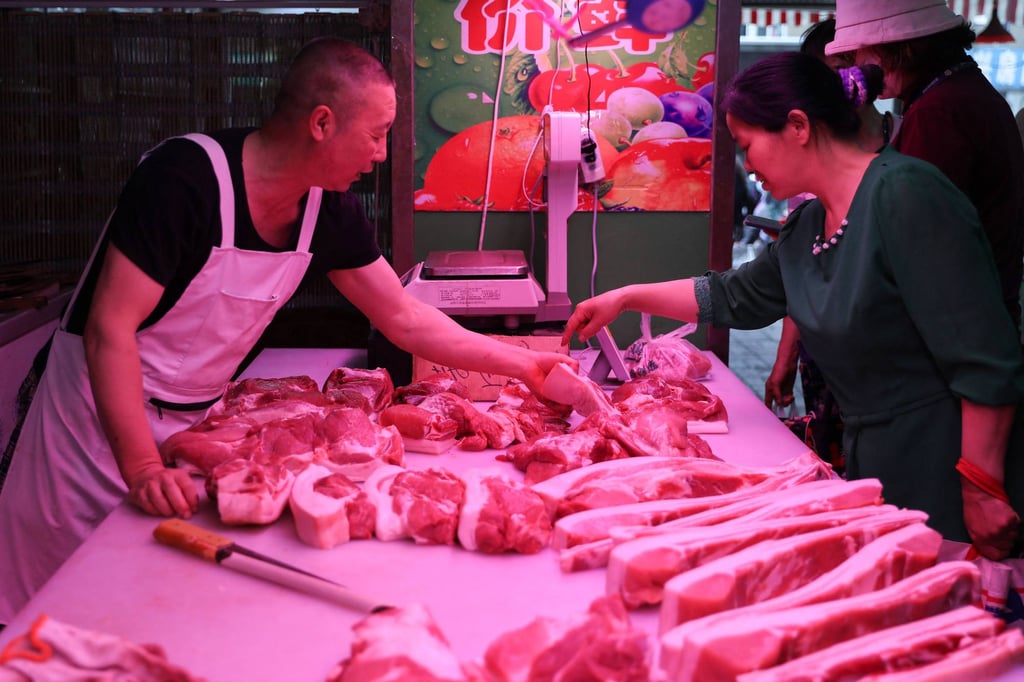The View | To avert a climate crisis, governments need to reinvent meat
- Global greenhouse gas emissions by the livestock sector alone exceed emissions by all cars, trains, ships and planes in the world combined
- Public funds should be used to further the research needed to make plant-based and cultivated meat products more affordable and accessible

As governments strive to achieve bold national climate goals, vast amounts of money are being allocated to boost mass transit systems and conduct research and development for cleaner energy alternatives. But there’s one carbon-spewing sector that remains ripe for reinvention: the meat we eat. If nations don’t invest in its transformation, we risk negating the climate progress being made elsewhere.
A bold new report co-authored by United Nations senior adviser Dr Albert T. Lieberg, and produced with support from The Good Food Institute Asia Pacific, illustrates how accelerating global demand for meat and dairy products is heavily contributing to greenhouse gas emissions and putting immense pressure on natural resources, contributing to land degradation, deforestation, biodiversity loss, water pollution and water scarcity.
The report, titled The Need for Change, reveals that in the 30-year span between 1989 and 2019, global meat production nearly doubled, from 174 to 337 million tonnes, driven in large part by emerging economies. The most substantial growth in meat consumption per capita has occurred in East and Southeast Asia, particularly in China.
In that same time period, global milk production also rose from 537 million tonnes to 883 million tonnes.

These dramatic increases have manifold negative impacts on our planet. Beef production is the top driver of deforestation globally, with cattle ranching directly associated with 80 per cent of current Amazon deforestation. Animal-based agriculture is responsible for up to a third of all fresh water consumption in the world, far surpassing the amount used for industrial, municipal, or household purposes.
